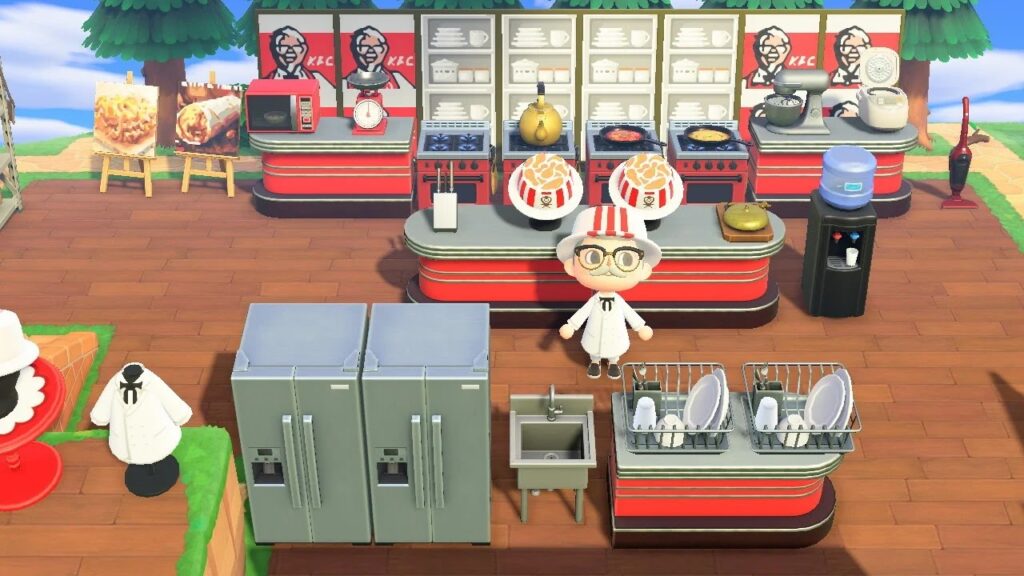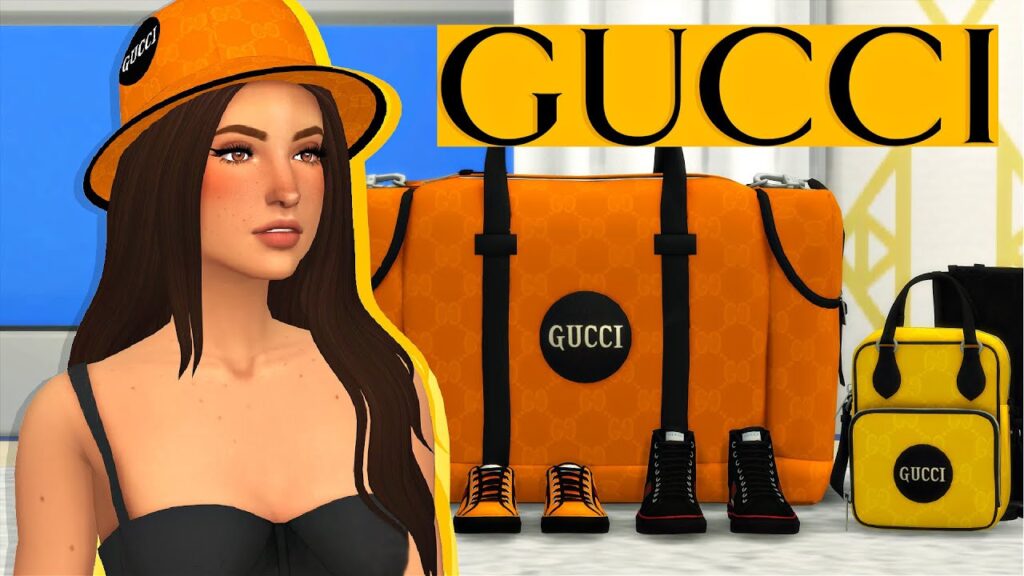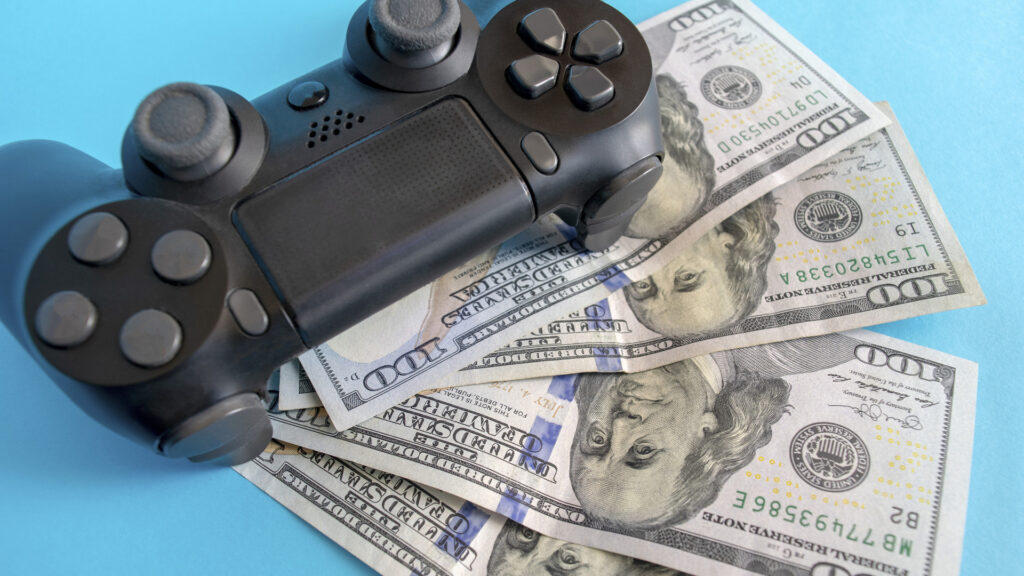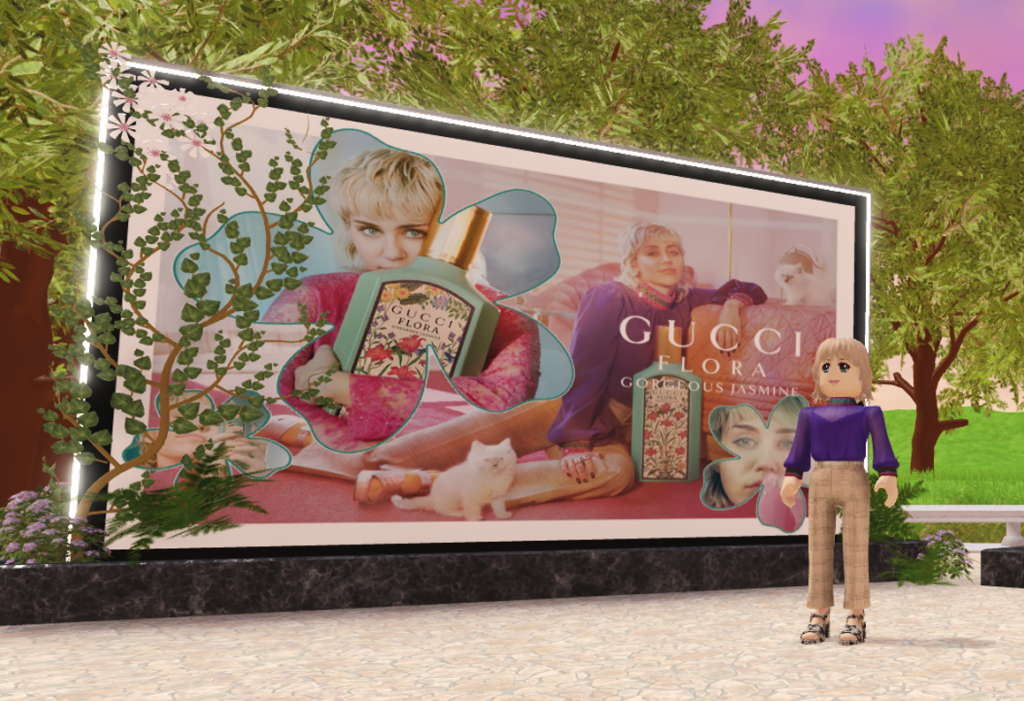The landscape of gaming has undergone a seismic shift in recent years – especially in regards to brand collaborations in games. No longer confined to the basements of teenagers, video games have exploded into a mainstream form of entertainment, boasting a diverse and engaged audience that spans generations. This cultural phenomenon hasn’t gone unnoticed by savvy brands, leading to a surge in brand collaborations in games.
And this is the article you need to be up to date with everything related to this new tendency!
What are brand collaborations in games?

Brand collaborations in games involve the integration of real-world brands and products into the virtual world of video games. This can take many forms, from subtle product placements like billboards in racing games to full-blown in-game events featuring branded characters and items.
Benefits of brand collaborations in games
Brand collaborations in games offer a unique opportunity for both game developers and brands. Here’s a closer look at the advantages:
- Enhanced Brand Visibility: Gaming platforms provide a direct line to a highly engaged audience that traditional marketing channels often struggle to reach. Brand collaborations in games put brands directly in front of millions of players, fostering brand awareness and recognition.
- Reaching New Demographics: The gaming audience is incredibly diverse, encompassing a wide range of ages, genders, and interests. Brand collaborations in games allow brands to target specific demographics or expand their reach to entirely new customer segments.
- Increased Player Engagement: Well-executed brand collaborations in games can breathe new life into a game by introducing fresh content and experiences. Players can be excited by the prospect of unlocking branded items or participating in brand-themed events, leading to increased engagement and retention.
- Monetization Opportunities: Brand collaborations in games can be a lucrative revenue stream for developers. In-game purchases of branded items, exclusive content tied to specific brands, or even sponsored events can all generate significant income.
- Brand Authenticity: When done thoughtfully, brand collaborations in games can feel authentic and integrated into the overall gaming experience. This can lead to positive brand association and foster a sense of loyalty among players.

Examples of successful brand collaborations in games
The gaming industry is brimming with successful examples of brand collaborations in games. Here are a few noteworthy ones:
Billboards and in-game integration:
- Grand Theft Auto (GTA): Features parody ads and integrates real-life brands like Validé and artists like Dixon, Solomun, and The Blessed Madonna.
Product placement and themed content:
- The Sims: Collaborated with H&M, IKEA, Diesel, Star Wars, Moschino, Katy Perry (controversial), Gucci, and Stella Artois (unofficial).
User-generated content and brand promotion:
- Animal Crossing: New Horizons: Saw unofficial collaborations with Hellman’s Canada, KFC, and IKEA through user-created content.
- The Sims 4: Witnessed Gucci and Stella Artois partner with custom content creators for in-game promotion.
Exclusivity deals and sports teams:
- FIFA vs Pro Evolution Soccer (PES): Both games compete for exclusive rights to real-world football clubs and leagues, resulting in name changes for unlicensed teams (e.g., Piemonte Calcio for Juventus in FIFA).
Sponsorship and in-game ads:
- Football Manager: Features sponsorships from real-life entities like Mastercard and betting sites (controversial due to targeting a younger audience).
Celebrity appearances and events:
- Fortnite: Hosted a “March Through Time” collaboration with TIME Magazine, allowing players to visit the site of Martin Luther King Jr.’s “I Have a Dream” speech.
- Roblox: Collaborated with celebrities like Miley Cyrus and Paris Hilton for virtual concerts and brand partnerships with luxury brands like Gucci, Ralph Lauren, and Tommy Hilfiger.
Crossovers and character costumes:
- Fall Guys: Ultimate Knockout: Features a vast array of crossover costumes based on other video games (Sonic, Untitled Goose Game), movies (Godzilla, Ghostbusters), TV shows (Doctor Who), and even celebrities (Jinkx Monsoon from RuPaul’s Drag Race).
Music collaborations:
- Pokémon: Partnered with artists like Katy Perry (“Electric”), Post Malone (“Only Wanna Be With You”), and Ed Sheeran (“Celestial”) for musical releases.
Unique in-game functionality:
- EverQuest II: Pioneered a collaboration with Pizza Hut, allowing players to order pizza directly through an in-game command (/pizza).
Challenges of brand collaborations in games
While brand collaborations in games offer a multitude of benefits, there are also challenges to consider:
- Maintaining Game Balance: Introducing branded items or power-ups can disrupt the carefully crafted balance of a game. Developers need to ensure that these collaborations don’t give unfair advantages to players who purchase branded content.
- Ensuring Brand Alignment: A poorly executed brand collaboration in games can feel forced and inauthentic, potentially harming both the brand’s and the game’s reputation. It’s crucial to ensure a thematic fit between the brand and the game to create a positive experience for players.
- Player Perception: Gamers can be sensitive to excessive brand integrations, viewing them as intrusive or a cash grab. Developers need to tread carefully and prioritize creating a fun and engaging experience over blatant brand promotion.

The future of brand collaborations in games
The future of brand collaborations in games is bright. As the gaming industry continues to grow, we can expect to see even more innovative and creative collaborations emerge. Here are some potential trends to keep an eye on:
- Rise of Experiential Collaborations: Brand collaborations in games will likely move beyond simple product placement and evolve into immersive experiences. Imagine attending a virtual concert sponsored by a music brand within a game, or participating in a brand-themed scavenger hunt.
- Integration with the Metaverse: The rise of the metaverse, a persistent virtual world where users can interact and socialize, presents exciting opportunities for brand collaborations in games. Brands could create virtual storefronts, host events, or even develop their own metaverse experiences.
- Focus on User-Generated Content: Brand collaborations in games could leverage the power of user-generated content (UGC) by encouraging players to create and share their experiences with branded items or events. This can create a powerful sense of community and brand advocacy among players.
Beyond the obvious: exploring new avenues for collaboration
While traditional brand collaborations in games often focus on product placement or in-game items, there’s a growing trend toward more creative and integrated partnerships. Here are some exciting possibilities:
- Narrative Integration: Brands could collaborate with developers to weave their products or services into the game’s narrative. Imagine a game where a character uses a specific brand of athletic wear to enhance their performance – or a detective story where a particular brand of car plays a pivotal role in solving a case.
- Charitable Collaborations: Brand collaborations in games can be harnessed for social good. A game developer could partner with a charity to create limited-edition branded content, with proceeds going towards a worthy cause. This approach not only benefits the brand but also fosters a positive social impact within the gaming community.
- Esports Sponsorships: The booming world of esports presents another avenue for brand collaborations in games. Brands can sponsor professional esports teams, and tournaments, or even develop their own esports leagues, generating significant brand exposure and tapping into the passionate esports fanbase.
Ultimately, the success of brand collaborations in games hinges on authenticity and community engagement. Players are quick to sniff out inauthentic marketing ploys. Brands need to demonstrate a genuine understanding of the gaming community and its values. This can be achieved through open communication with players, fostering a sense of community around the collaboration, and actively listening to feedback.

A bright future awaits brand collaborations in games
Brand collaborations in games, when executed thoughtfully, can be a win-win for both developers and brands. By offering increased visibility, reaching new demographics, and fostering player engagement, these collaborations can create significant value for all parties involved.
However, it’s crucial to navigate the potential challenges by maintaining game balance, ensuring brand alignment, and prioritizing a positive player experience. As the gaming industry continues to evolve, brand collaborations in games will undoubtedly become a more strategic and sophisticated form of marketing, offering a unique and immersive way to connect with a passionate and engaged audience.
And this is all just a glimpse into the ever-evolving landscape of the video game industry. Explore our blog at Main Leaf for further insights into game development, industry trends, and more! Whether you’re crafting a game from scratch or polishing a masterpiece, we offer valuable resources to fuel your success.

